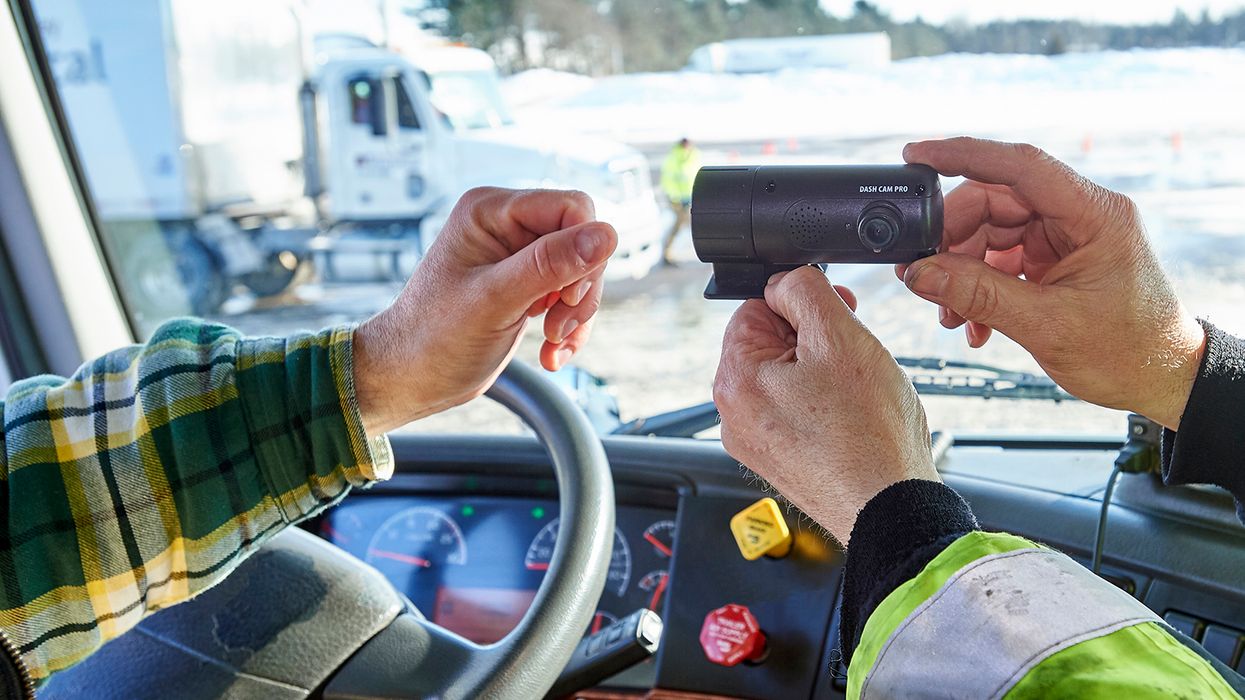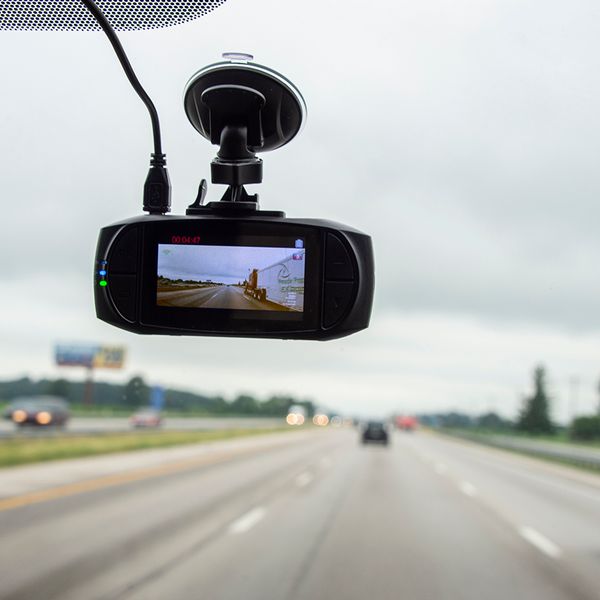Can carriers make independent contractors use driver-facing cameras?
Can carriers make independent contractors use driver-facing cameras?” is a loaded question. While this is how the question is most often asked, perhaps a less emotionally charged version would be, “As a condition of doing business together, can a carrier contractually require access to inward-facing camera data?” The short answer is “yes,” with a few caveats.
The FMCSA Considers Leased Independent Contractors “Employees”
The Federal Motor Carrier Safety Administration (FMCSA) has a different definition for “employee” than the Department of Labor or the Internal Revenue Service. The FMCSA’s definition begins, “any individual, other than an employer, who is employed by an employer and who in the course of his or her employment directly affects commercial motor vehicle safety. Such term includes a driver of a commercial motor vehicle (including an independent contractor while in the course of operating a commercial motor vehicle), a mechanic, and a freight handler…” This means that, regardless of how the driver is paid, the driver and carrier share responsibility for the safe operation of the vehicle.
Ensuring a Safe and Compliant Operation
A carrier must have safety management controls that ensure the safe movement of products and passengers through the transportation system and reduce the risk of highway accidents and hazardous materials incidents resulting in fatalities, injuries, and property damage. At the foundation of the carrier’s safety management controls are their systems, policies, practices, and procedures. The camera in conjunction with the software used to analyze the video data to create alerts are the systems; what, when, why, where, and how fall into the carrier’s policies, practices, and procedures.
Is Big Brother Watching?
Privacy is important to all associates, whether they are directly hired or contracted. No one likes the thought of being monitored – particularly with cameras. Many years ago, bank employees and cashiers needed to become accustomed to every transaction potentially being watched, monitored, or recorded. Whenever and wherever cameras are used, there should be:
- A privacy policy in place explaining exactly how the associate’s privacy will be protected,
- Procedures to protect privacy – such as only recording when there is a trigger or an alert, and
- Practices that provide feedback, improve skills, and help defend the driver against false claims.
Many drivers become champions of cameras when the data is used to demonstrate professionalism or exonerate them after an accident or a complaint call.
Can a leased driver be charged for the camera?
While who pays for what can be negotiated for many items in a lease, the FMCSA’s rules prohibit the carrier from requiring the independent operator to purchase or rent any products, equipment, or services from the authorized carrier as a condition of entering into the lease arrangement. This requirement means that the carrier would either need to provide the technology at no cost or, if the device is provided by the driver, require that the data be compatible with the carrier’s policies, practices, and procedures. If the leased driver elects to rent or purchase the camera from the carrier, the lease must contain additional terms.
With solid policies and an emphasis on the benefits, driver-facing camera systems can be successfully incorporated into your independent contractor agreements.




















































